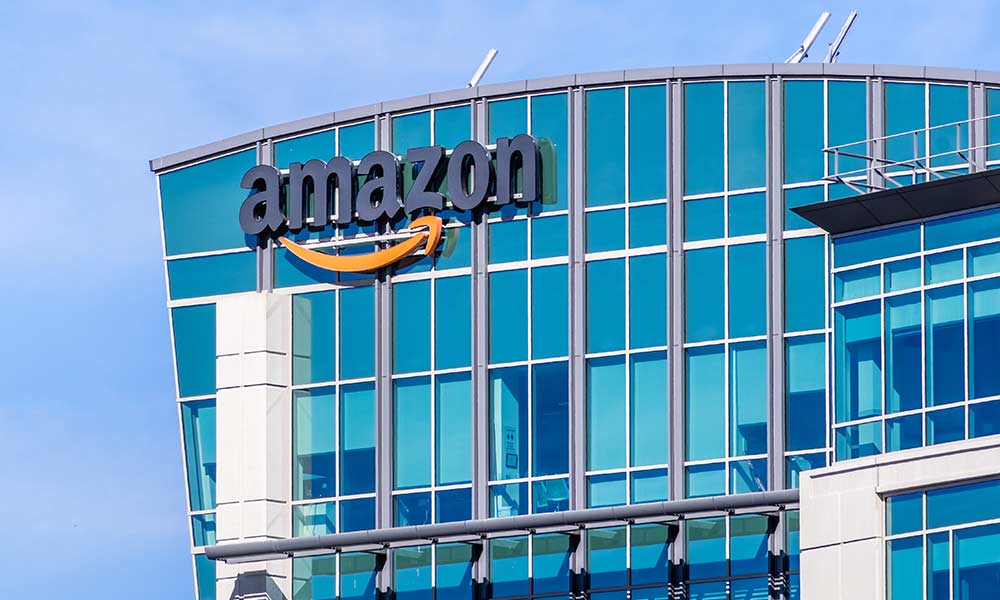Large companies in the US have been getting larger over the last three decades, at the same time that entrepreneurship has been on the decline. Those trends make it easy to assume that monster-sized companies have a way of squelching start-ups.
But research out of the University of Rochester’s Simon Business School concludes that it’s not that simple. Graduate student Zhao Jin studied entrepreneurial activity in the 20 cities that were considered as Amazon HQ2 finalists, the second headquarters for the online retail giant. His paper, “How Do Large Companies Affect Entrepreneurial Entry: Evidence From Amazon HQ2,” details how start-up companies were about seven percent more likely to incorporate in one of the Amazon HQ2 finalist cities.
“The mere possibility of a large company entering a market encourages entrepreneurs to find profitable ways to be useful to that company,” says Jin. “The main effects are concentrated in the larger cities, like Atlanta, Pittsburgh, Denver, and Los Angeles, where the sample size is larger.”
Over the past 30 years, while large companies have increased in size, there has been a steady decline in entrepreneurship. According to the US Census Bureau, the share of startup companies declined by nearly half—from 15 percent to 8 percent—from 1980 to 2015.
“The paper addresses a fundamental question about the influence of large tech firms on startups and innovations,” says assistant professor Michael Gofman, who supervised Jin’s research. “As Amazon, Apple, Facebook, Alphabet, Microsoft and other tech giants increase their investment in internal R&D and attract the best talent, some have argued that it discourages startups. Zhao shows that big tech firms actually foster the establishment of startups.”
There are complex reasons why that’s the case. While some entrepreneurs look to make the larger firms important customers or clients, Gofman notes that others often hope to be bought up. “Entrepreneurs seem to see acquisition by a large tech company as a successful exit strategy,” he says.
But many companies won’t be acquired. And many of those that formed in Amazon HQ2 finalist cities are likely to stick around, Jin says.
“I certainly don’t expect all of them to move or close up,” says Jin. “They knew the risks when they founded their companies and are likely to continue operations.”
And if a startup is acquired by Amazon, Jin says there are still economic benefits for the region, despite a decrease in the actual number of companies. “If, for example, the startup company uses a proprietary technology, Amazon would want to keep the employees who are actually familiar with that technology,” says Jin. “And that part of the operation would grow as it becomes integrated into Amazon.”
While Jin specifically looked at Amazon, he believes other large companies would encourage entrepreneurial activity, as well. “The dynamics and business principles germane to Amazon apply to other dominant firms.”





